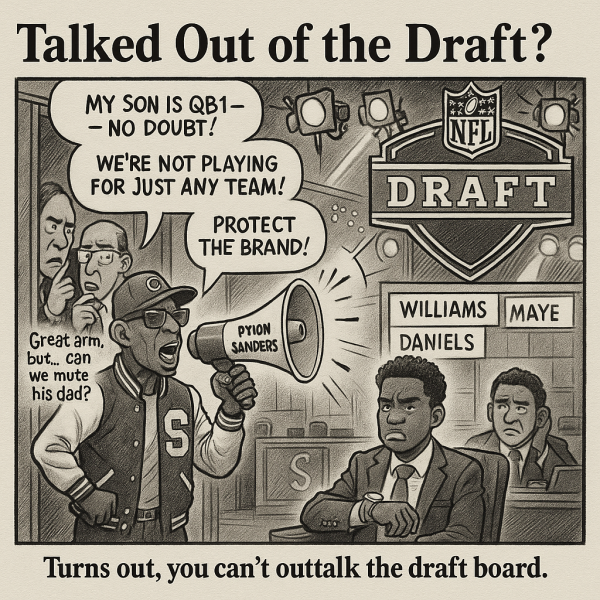Is Getting Along Really As Hard As It Seems? Political Disputes Could Be Solved With A Few Basic Human Skills
Politics are getting more heated as we approach the 2020 presidential election, and some people have once again found themselves drowning in politically induced anxiety. Passionate feelings often lead to disagreements, so I’m here to provide you with a few ways to avoid falling into that stress and maybe give you some tips to help you in future disputes. There are various ways to have meaningful conversations that maintain dignity and allow both sides to feel heard. Here are a few small suggestions:
- Express yourself – Don’t be afraid to state what you believe in. Just know that some people may disagree with you. In order to avoid conflict it is important that, if asked to, you explain why do believe what you believe. Understanding why is very important in learning new things and that includes learning how and why people think the way they think.
- Research opposing ideas – To be able to understand other people’s thought process, you should educate yourself. There are all kinds of places to go to uncover the reasoning behind beliefs. However, most places to obtain that information also contain irrational thoughts caused by anger. This comes from every side and is one of the reasons we can’t get along. Everyone responds differently to conflict but immature insults are the most common. So as to avoid being angered yourself – blinded to the reasoning because of the untrustworthy opinions – try honestly and genuinely asking the internet or peer to explain what you need to know.
- Know when to speak – Oftentimes controversial things are said in an unexpected situation. Sometimes views are sprung upon someone in a time where they are unable to speak up. Saying what you believe is good unless you don’t give others an opportunity to process. On the other hand, if someone were to say something controversial that you disagree with, it is important that you know your time to state that you disagree. Approaching that person at a more convenient time and expressing how you feel will always result in a more beneficial conversation.
- Remain mature and calm – It is definitely not an easy feat to stay calm when in a disagreement, and avoiding that disagreement is a whole other matter. One thing you can do to avoid losing your temper is approaching the topic in a passive way. Avoiding aggression always improves your ethos, making you look more mature and more willing to compromise. If you find yourself engaged in a verbal disputes stopping and thinking for a minute is a good thing to try because let’s be honest, no one takes a deep breath and just backs out of an argument.
- Agree to disagree – Recognize that your political enemies are people and good ones at that. Some of my favorite people think in a very different way, but because I know that they are well-meaning people, I am able to maintain a passive attitude when they do something I don’t agree with. When you learn to respect the people whose view you hate you learn that those views belong to beautiful people. That is where compromises come together.
- Stay open-minded – It is important that you do not remain focused on just how right you are. Believing that your mind can be changed can play a huge part in reaching a compromise. Say you are talking about gun control. One of you says that guns are causing mass genocides that we would be better off without them. The other says that where they live, not having a gun could result in their death. If one is only fixed on their own correctness than you will never be able to see why others think something other than you.
- Listen to what others have to say – Listening is the biggest obstacle to getting along. No one likes to listen to someone try to prove them wrong. Most arguments involve numerous interruptions, with everyone talking over each other. The key is, if you want to be heard you must first listen, and hopefully, they will hear you.
While these tricks are useful, but they are not guaranteed to work. It is very difficult to do most of these things, so practicing or looking back at mistakes would be helpful. The other thing you need to remember is that you cannot rely on others to enforce this as a policy. It is up to you to change the way you and your peers interact. Whether you use these or not, the way you communicate will determine the future.

Lilah is a Senior here at Rocky with her twin brother. Her little brother is starting middle school at Webber this year. She has two cats and a dog named...



